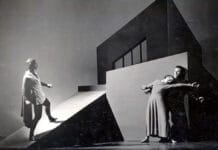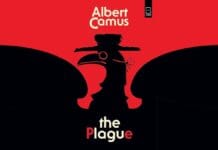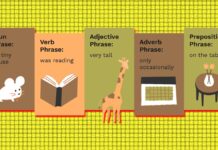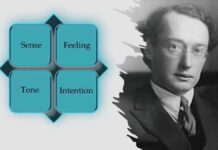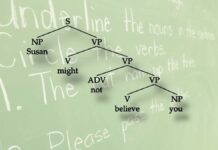Complement Clause
The Complement Clauses (COMP-clause) are commonly defined as subordinate clauses functioning as an argument of a predicate. The Complement Clause functions as an NP in a sentence – can occur anywhere a regular NP occurs:
– as the subject, object, complement, object of the preposition, etc.
– in apposition to other NPs
– as adjective complements
Complement Clauses: Classification
A. Declarative Type
1. “That” type
2. Infinitival type (For-to- type)
3. Gerundial type (Poss-ing type)
B. Interrogative Type
1. Yes/No sub-type
2. Wh sub-type
Features of Complement Clauses
The Complement Clause functions as an NP in a sentence – can occur anywhere a regular NP occurs:
– as the subject, object, complement, object of the preposition, etc.
– in apposition to other NPs
– as adjective complements.
S-complements either include a that-complementizer, If-complements introduced by the complementizers if (or whether), which in contrast to that, qualify the meaning of the COMP-clause. Finally, wh-complements have a specific syntactic structure which sets them apart from both S-complements and if-complements: They are introduced by a wh-word serving as an argument or adjunct in the embedded clause; that is, while the complementizers of S- and if-complement clauses are grammatical operators, the wh-pronouns/adverbs of wh-complements serve a semantic role within the embedded clause.
Complementizer Placement
‘That’ Type
• John knew that Bill was a fool
DS: John past-know-[Bill-past-be a fool]
The insert sentence is transformed into a CC, through the addition of a complementizer, in this case, that.
Complementizer Placement (CP) -> John-past-know-that-Bill-past-be-a fool.
AS -> John know-past that Bill be-past a fool
SS -> John knew that Bill was a fool.
Infinitival (For-to- ) Type
• John wished to go
DS: John-past-wish-[John-t-go]
CP -> John-past-wish-[for-John-to-go]
For del -> John-past-wish-[John-to-go]
Equi-NP del -> John-past-wish-to go.
AS -> John wish-past to go.
SS: John wished to go.
Gerundial (Poss-ing) Type
• It is dangerous arguing with women.
DS: [Someone-t-argue with women]-pres-be dangerous.
CP -> [Someone’s arguing with women]-pres-be dangerous.
Unsp NP del -> Arguing with women pres-be dangerous.
Extraposition -> It-pres-be dangerous arguing with women.
AS -> It-be-pres dangerous arguing with women.
SS: It is dangerous arguing with women.
Interrogative Type Complement Clauses
A. Yes/No Interrogative Type Complement Clause
E.g., I asked him if/whether he wanted the book.
B. Wh-interrogative Type Complement Clause
E.g., I asked him why he wanted the book.
Yes/No Interrogative Type Complement Clause
• I asked him if he wanted the book.
In this type of CC, the complementizer is either an if or a whether.
The insert sentence, in its SS, is a Yes/No interrogative, which in turn was derived from a (Q)-declarative sentence DS.
I asked him-[Did he want the book?]
Wh-interrogative Type Complement Clause
• I asked him why he wanted the book.
Here, the complementizer is the very same wh-question word, which is found in the Wh-interrogative question that is the insert sentence.
DS: I asked him-[Why did he want the book?]
The auxiliary inversion of the insert sentence is simultaneously reversed, leaving the sequence of why he wanted the book.
SS: I asked him why he wanted the book.





